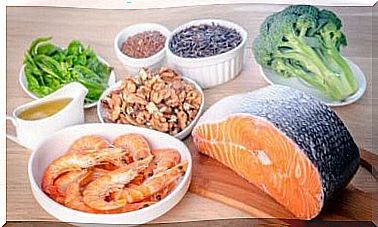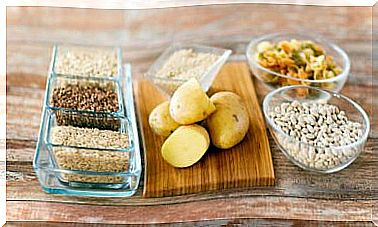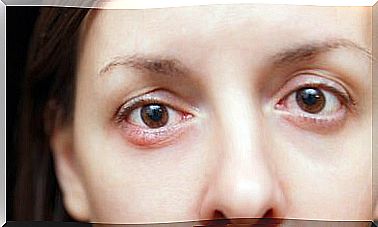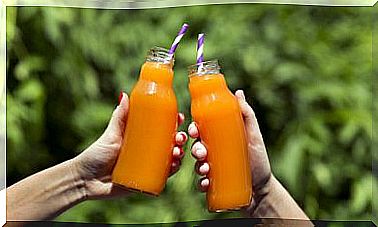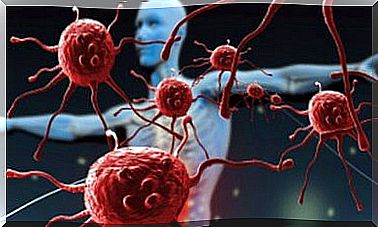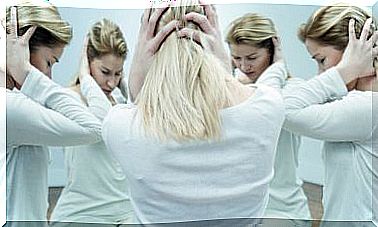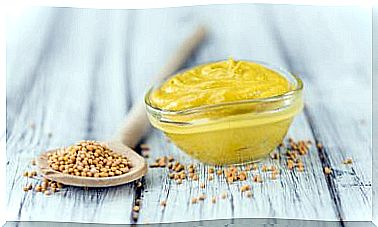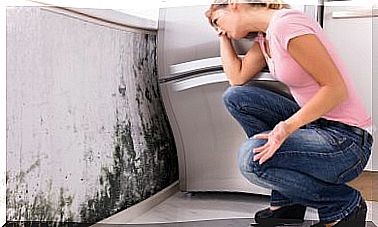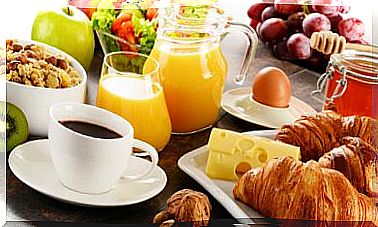6 Foods To Avoid When You Have Diarrhea
There are some foods that, due to their composition, it is better to avoid in case of diarrhea. This digestive problem can have multiple causes; however, consuming irritating foods can make it worse or make it difficult to relieve. So, to reduce complications, it is best to opt for a light diet.
We speak of diarrhea when the stools are watery and soft, and bowel movements occur three or more times a day. In most cases it is solved without problems, but it can be accompanied by dehydration and excessive fatigue.
As a result, the foods that are added to the diet can be beneficial or harmful. Which ones should be avoided? Discover them!
What foods to avoid in case of diarrhea?
As a publication in the International Foundation for Functional Gastrointestinal Disorders (IFFGD) points out , many cases of diarrhea can be largely controlled with some diet and lifestyle adjustments. While it is important to pay attention to this symptom, many cases are not a serious problem.
Therefore, as far as diet is concerned, it is enough to eat a lighter diet for the digestive system that, in addition, provides the nutrients that are lost by this picture. Also, it is better to avoid some foods that are heavy and can make the symptom worse. Let’s see in detail what they are in the following space.
1. Foods that produce gases
Foods that increase gas production in the intestine are the first to avoid in case of diarrhea. According to a publication in Gastroenterology & Hepatology , this uncomfortable symptom can be accompanied by bloating, abdominal pain, halitosis, nausea and intestinal disorders.
Therefore, when faced with episodes of diarrhea, it is best to exclude them from the diet. Some of the foods in this group are:
- Beans
- Broccoli
- Cauliflower
- Onion
- Corn
- Green leafy vegetables
- Apricot
- Plum
- Raisins
- Nuts
On the contrary, options like pumpkin, pumpkin and carrot in puree are among the recommended options. If you want to eat them, it is best to peel them and remove the seeds. Fruits such as ripe banana, apple or peach are also recommended.
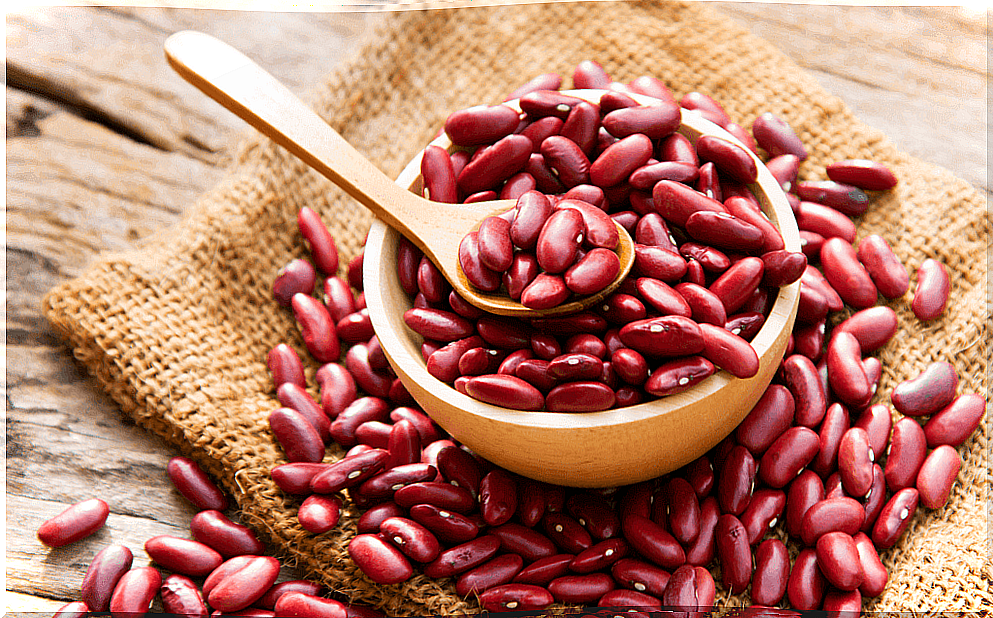
2. Fats, fried foods and sugars
The excessive consumption of foods rich in fats and sugars affects the appearance of diarrhea. In addition, once this symptom occurs, it can make it worse if they continue to be ingested. As detailed in a post in Harvard Health , both fats and sugars accelerate intestinal contractions and tend to provoke reactions at the digestive level.
Considering this, it is best to avoid the following:
- Sausages
- Fast food
- Fatty cuts of meat
- Sauces
- Commercial dressings
Instead, eat cooked or steamed foods that contain lean protein. They can be the options that we discuss below:
- Broths
- Soups
- Chicken
- Veal
- Turkey
3. Dairy products
The consumption of dairy products, except yogurt, can be difficult for digestion in the event of diarrhea. In fact, it is best to avoid them for up to 48 hours after the symptom is over. This reduces the risk of the discomfort worsening or reappearing, as detailed a study published in the medical journal Paediatrics & Child Health .
The reason for this recommendation is based on the fact that milk requires lactase to be digested. The problem is that, During or after diarrhea, lactase in the stomach decreases, and then symptoms such as:
- Gases
- Abdominal swelling
- Gastrointestinal upset.
- Diarrhea.
Now, lactose-free or lactose-free milk may be an option. However, it will be the doctor who determines whether or not they can be included in the diet during diarrhea, depending on its severity.
It is also possible to consume dairy products such as yogurt, which do seem to be beneficial. Specifically, its contribution of probiotic compounds helps to take care of the intestinal microbiota and accelerates recovery in case of diarrhea.
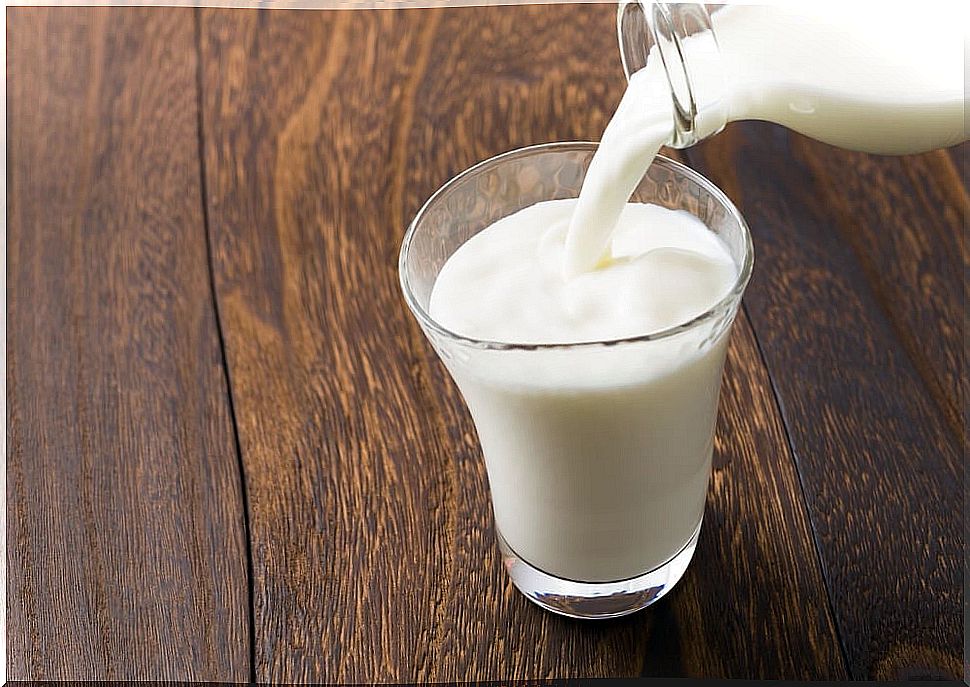
4. Coffee, soft drinks and alcohol
These three drinks are gastrointestinal irritants, as reported in the International Foundation for Functional Gastrointestinal Disorders (IFFGD) . Because of this, discomfort and diarrhea itself can increase. . Therefore, it is better to exclude them from the feeding during diarrhea.
- To replace coffee, you can opt for teas. The best options are chamomile, peppermint, and spearmint teas.
- Replace soft drinks with plain water or infusions with fruits.
- Avoid alcohol, since its effects create the perfect conditions for diarrhea. Excess alcohol can accelerate intestinal transit and increase muscle contractions, responsible for the evacuation of stool.
- In case of severe diarrhea, the ideal is to replace fluids with serums.
5. Spicy foods
Foods that contain too many seasonings are irritating to the digestive system. Therefore, they can make diarrhea worse, especially if the person is not used to eating it. In general, they are associated with increased gas, bloating, and burning. Seasonings include curry, pepper, paprika, and mustard.
6. Artificial sweeteners
Artificial sweeteners are used as an alternative to conventional sugar. It can be aspartame, saccharin, sugar alcohols, and other options that are grouped into FODMAPs. These substances, while safe for almost everyone, tend to alter the biology of the lower intestinal tract.
According to a publication in the Journal of Pharmacology & Pharmacotherapeutics , its excessive intake can trigger diarrhea. Even today it is advised to avoid its consumption as part of the treatment for irritable bowel syndrome.
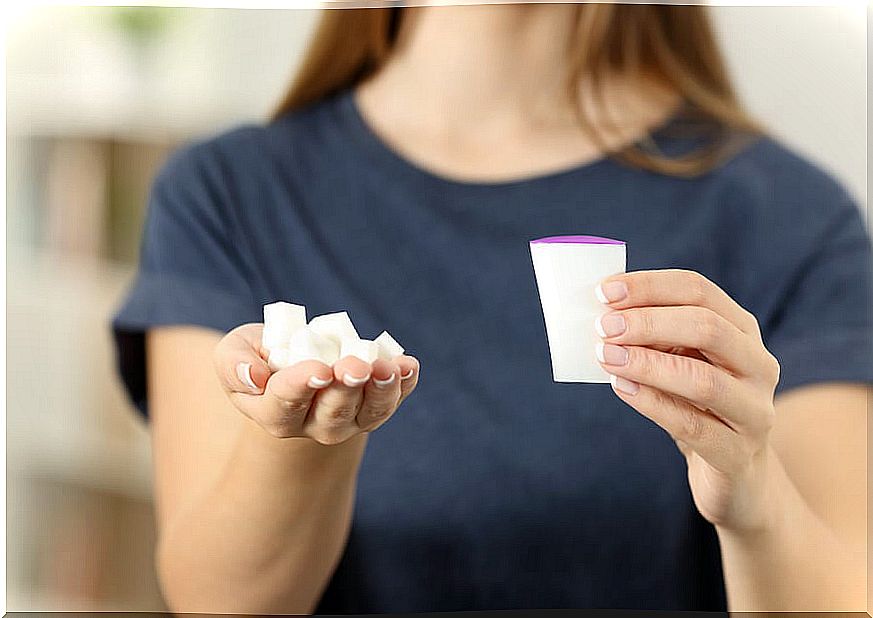
Some tips for preparing food
In case of diarrhea, and at all times, it is best to ensure that you consume food in optimal conditions. This implies the following:
- That they have been washed and removed from polluting agents. Vegetables and fruits must be washed and disinfected . Also, meats should avoid contact with decomposing meats.
- That they have some kind of cooking. During the period of diarrhea and a week after, it is better to eat cooked food . Ideally, most dishes are low-fat. Fruits are almost the only exception, although it would be nice to boil the apple and pear.
Other recommendations for maintaining stomach health include the following:
- Wash your hands before preparing or handling food.
- Disinfect surfaces where food is prepared (table, cutting board, etc.).
- Avoid freezing and thawing food more than twice, as the change in temperatures causes decomposition.
Consulting the doctor is important
Diet adjustments may be enough to improve diarrhea in a short time. However, if the symptom is severe or persistent, it is best to consult your doctor. The professional, after doing the relevant tests, will determine if other treatments are necessary.
